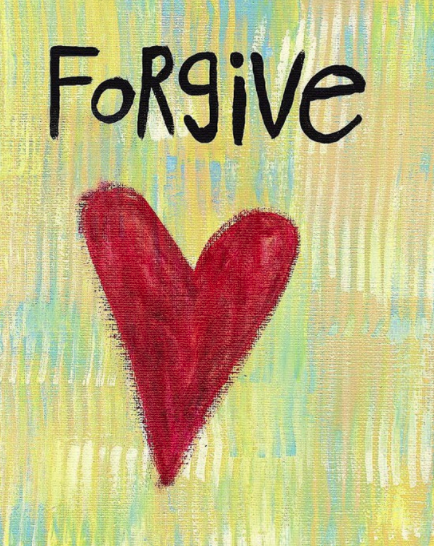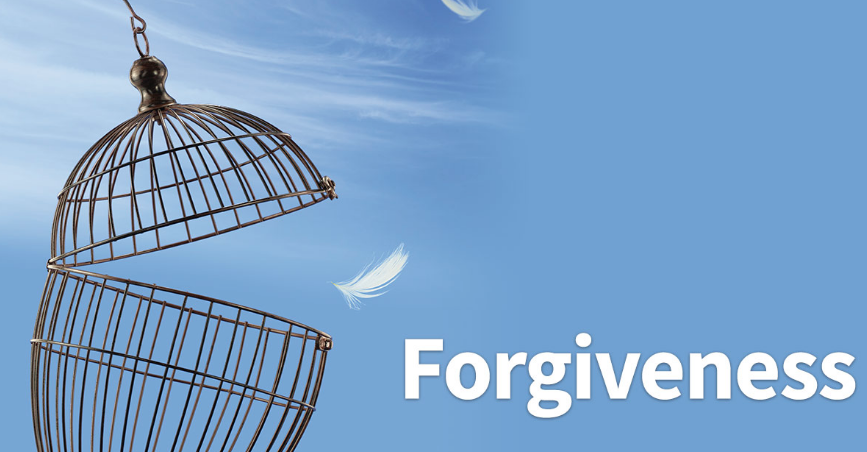“Not forgiving is like drinking rat poison and then waiting for the rat to die.”
― Anne Lamott
The holiday season is over and many of us spent time with family members. Time with family can dredge up old resentment and anger. It can help to remember that forgiving people helps the person doing the forgiving, it is a healing action.
A lot of us get stuck on the idea of what forgiveness actually means. Forgiveness is defined as a conscious, deliberate decision to release feelings of resentment or vengeance toward a person or group who has harmed you, regardless of whether you believe they actually deserve your forgiveness. Remember the act of forgiving is for you the forgiver, not the person you are forgiving.
Forgiveness does not mean that you gloss over or deny the seriousness of an offense against you. It does not mean forgetting nor excusing what has been done. It does not mean you have to reconcile with the person or release them from legal accountability.
As Anne Lamott puts it: “Forgiveness means it finally becomes unimportant that you hit back. You’re done. It doesn’t necessarily mean that you want to have lunch with the person. If you keep hitting back, you stay trapped in the nightmare.” Forgiveness is for the forgiver. It brings the forgiver peace and hopefully freedom from anger.
I love Jack Kornfield’s definition of forgiveness:
Forgiveness is, in particular, the capacity to let go, to release the suffering, the sorrows, the burdens of the pains and betrayals of the past, and instead to choose the mystery of love. Forgiveness shifts us from the small separate sense of ourselves to a capacity to renew, to let go, to live in love.
Ok so forgiveness is for the forgiver, but why should we do it in the first place? What’s in it for me? Here are a few great reasons. The Mayo Clinic explains that letting go of grudges and bitterness can make way for happiness, health and peace. Forgiveness can lead to:
- Healthier relationships
- Greater spiritual and psychological well-being
- Less anxiety, stress and hostility
- Lower blood pressure
- Fewer symptoms of depression
- Stronger immune system
- Improved heart health
- Higher self-esteem

We may accept that forgiveness is a good thing to practice in general, and can actually be good for our health, but how do we go about it? What exactly do we do? Fred Luskin is a pioneer in the science and practice of forgiveness. He offers us nine steps toward forgiveness:
1. Understand how you feel about what happened and be able to explain why the situation is not OK. Then discuss it with someone you trust.
2. Commit to yourself to feel better; remember forgiveness is for you and no one else.
3. Remember forgiveness doesn’t mean you have to reconcile with the person who upset you; it does not condone the action. In forgiveness you are seeking peace for yourself.
4. Recognize that the distress now is coming from the hurt feelings and physical upset you are currently suffering, not from what offended you or hurt you when it happened.
5. At the moment you feel upset, practice stress management to soothe your body’s fight or flight response. Take a deep breath.
6. Stop expecting things from other people that they do not choose to give you.
7. Put your energy into looking for another way to get your positive goals met than through the experience that has hurt you.
8. Remember that living well is the best revenge. Instead of focusing on your wounded feelings, and thereby giving power over you to the person who caused you pain, look for the love, beauty, and kindness around you. Put more energy into appreciating what you have rather than attending to what you do not have.
9. Amend the way you look at your past so you remind yourself of your heroic choice to forgive.
So if old resentments and anger were dredged up this holiday season, or if any new frustrations and resentments emerged, remember letting go of the anger and practicing forgiveness is for your own peace of mind. Try it, it’s for your own good.


